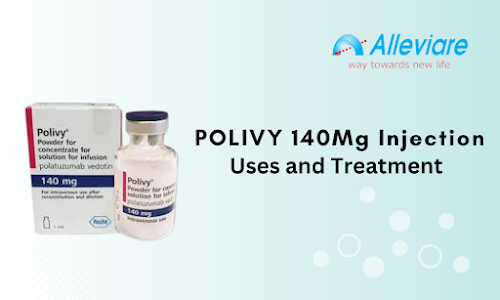Reasons for Companies' Refusal of Pre-Approval Drug Access- Alleviare India
After the passage of the Right to Try legislation in the US,
the hope was that desperate patients would have easier access to
investigational products outside of clinical trials. If you are looking for a NPP Consulting Company then Alleviare Life Science Pvt. Ltd. However, companies still
have the legal right to refuse providing unapproved drugs to patients. This
article explores the reasons why companies might decide against pre-approval
drug access.
Resource Limitations:
Some companies lack the necessary resources to accommodate
requests outside of clinical trials. Insufficient investigational product
availability or limited internal capacity, including time, finances, and
personnel, can pose challenges in managing and regulating pre-approval drug
access. The potential strain on resources, especially considering the ease of
patient connection through the internet and social media, may lead companies to
avoid such access altogether.
High Risk Outside Clinical Trials:
The use of investigational drugs outside clinical trials is
considered higher risk due to the absence of tightly controlled settings.
Patients accessing medicines through Expanded Access or Right to Try utilize
them in everyday life, increasing the likelihood of product misuse.
Additionally, patients ineligible for clinical trials, often due to disease
progression or concomitant medication use, may be more prone to experiencing
unrelated serious adverse events (SAEs).
Impact on Drug Approval:
Companies are concerned that adverse events experienced by
patients accessing medicines through Expanded Access or Right to Try could
reflect negatively on their product and potentially hinder drug approval. While
reporting SAEs is only required if a causal relationship is established,
manufacturers may avoid the perceived risks associated with pre-approval access
to ensure regulatory approval and recoup their research and development
investments. Prioritizing drug approval allows wider availability to patients
not enrolled in clinical trials.
Conclusion:
Companies may refuse pre-approval drug access for various
reasons, including resource limitations, higher risk outside clinical trials,
and concerns about the impact on eventual drug approval. Balancing patient
needs and regulatory requirements, companies make decisions to ensure the
successful market launch of their drugs and broader patient access while
minimizing potential risks.




Comments
Post a Comment